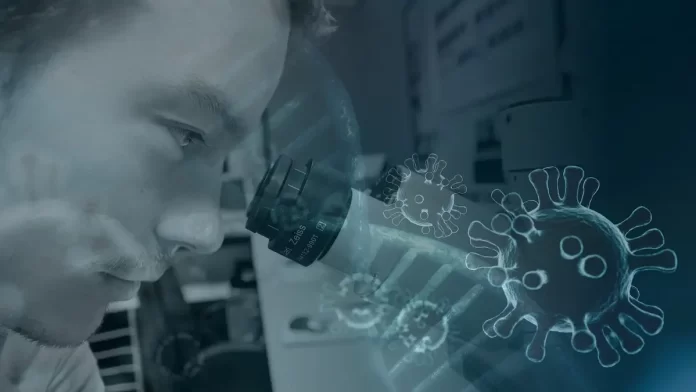Have you ever wondered what makes you unique? Inside every living organism, there is a fascinating code known as DNA, which holds the secrets to our physical traits and characteristics.
Gene sequencing is a revolutionary scientific technique that allows us to decode and understand this genetic blueprint.
In this article, we will explore the history, scope, utility, and applications of gene sequencing, unveiling the incredible world of genetics.
Gene sequencing is a technique used to determine the precise order of nucleotides (the building blocks of DNA) in a specific gene or an entire genome.
It involves the identification and arrangement of the four DNA bases—adenine (A), cytosine (C), guanine (G), and thymine (T)—in a specific sequence.
This process allows scientists to analyse and understand the genetic information encoded within an organism’s DNA.
History of Gene Sequencing
The journey of gene sequencing began with the discovery of the structure of DNA by James Watson and Francis Crick in 1953.
Over the years, scientists developed innovative methods to read and analyze the sequence of DNA molecules.
In 1977, Frederick Sanger pioneered the first DNA sequencing technique, known as the Sanger sequencing method, which laid the foundation for modern gene sequencing technology.
Utility and Applications of Gene Sequencing
Gene sequencing has opened up vast possibilities for scientific research and discovery.
It allows us to decipher the unique sequence of nucleotides, the building blocks of DNA, in an organism’s genome.
With advancements in technology, gene sequencing has become faster, more accurate, and more accessible, enabling scientists to explore the secrets of life on a larger scale.
Understanding Genetic Diseases: Gene sequencing helps in identifying genetic variations and mutations associated with inherited diseases. It allows doctors and researchers to diagnose genetic disorders, predict disease risks, and develop targeted treatments. For example, gene sequencing has been instrumental in studying conditions like cystic fibrosis and muscular dystrophy.
Personalized Medicine: Gene sequencing contributes to the field of personalized medicine, tailoring medical treatments to an individual’s genetic makeup. By analyzing a person’s genetic information, doctors can determine the most effective medications and therapies, reducing the risk of adverse reactions and improving treatment outcomes.
Evolutionary Biology: Gene sequencing aids in studying the evolutionary history and relationships between different species. By comparing DNA sequences, scientists can trace the genetic ancestry of organisms and understand how species have evolved over time.
Agricultural Advancements: Gene sequencing has revolutionized agriculture by enabling the development of genetically modified crops with desirable traits such as pest resistance, increased yield, and improved nutritional content. It also assists in understanding and conserving biodiversity.
Forensic Science: Gene sequencing plays a crucial role in forensic investigations. DNA profiling techniques based on gene sequencing help identify individuals from DNA evidence left at crime scenes. It has become an indispensable tool in solving criminal cases and ensuring justice.
Conservation Biology: Gene sequencing is used to study the genetic diversity and population dynamics of endangered species. It provides valuable insights into species conservation, breeding programs, and habitat restoration efforts.
Challenges and Ethical Considerations
While gene sequencing holds great promise, it also poses certain challenges and ethical considerations. Some key aspects to consider include:
Data Privacy: Genetic information is highly sensitive, and ensuring its privacy and security is paramount. Stricter regulations are needed to protect individuals’ genetic data from unauthorized access or misuse.
Interpretation Complexity: Interpreting the vast amount of data generated from gene sequencing can be challenging. Advanced computational methods and bioinformatics tools are required to analyze and make sense of the information.
Ethical Implications: Gene sequencing raises ethical questions, such as the potential misuse of genetic information for discrimination or stigmatization. It is essential to have robust ethical guidelines and regulations to ensure responsible and equitable use of genetic data.
Gene sequencing has revolutionized our understanding of genetics and opened up new avenues for scientific exploration and medical advancements.
From diagnosing genetic diseases to improving personalized medicine, gene sequencing has a profound impact on various fields of study.
As technology continues to advance, gene sequencing holds the potential to unravel the mysteries of life and pave the way for groundbreaking discoveries.
It is an exciting time to witness the power of gene sequencing and its profound impact on shaping the future of medicine, biology, and our understanding of ourselves as unique individuals.
